Unveiling the Hidden Sensitivities: Why Don’t Cats Like Their Paws Touched?
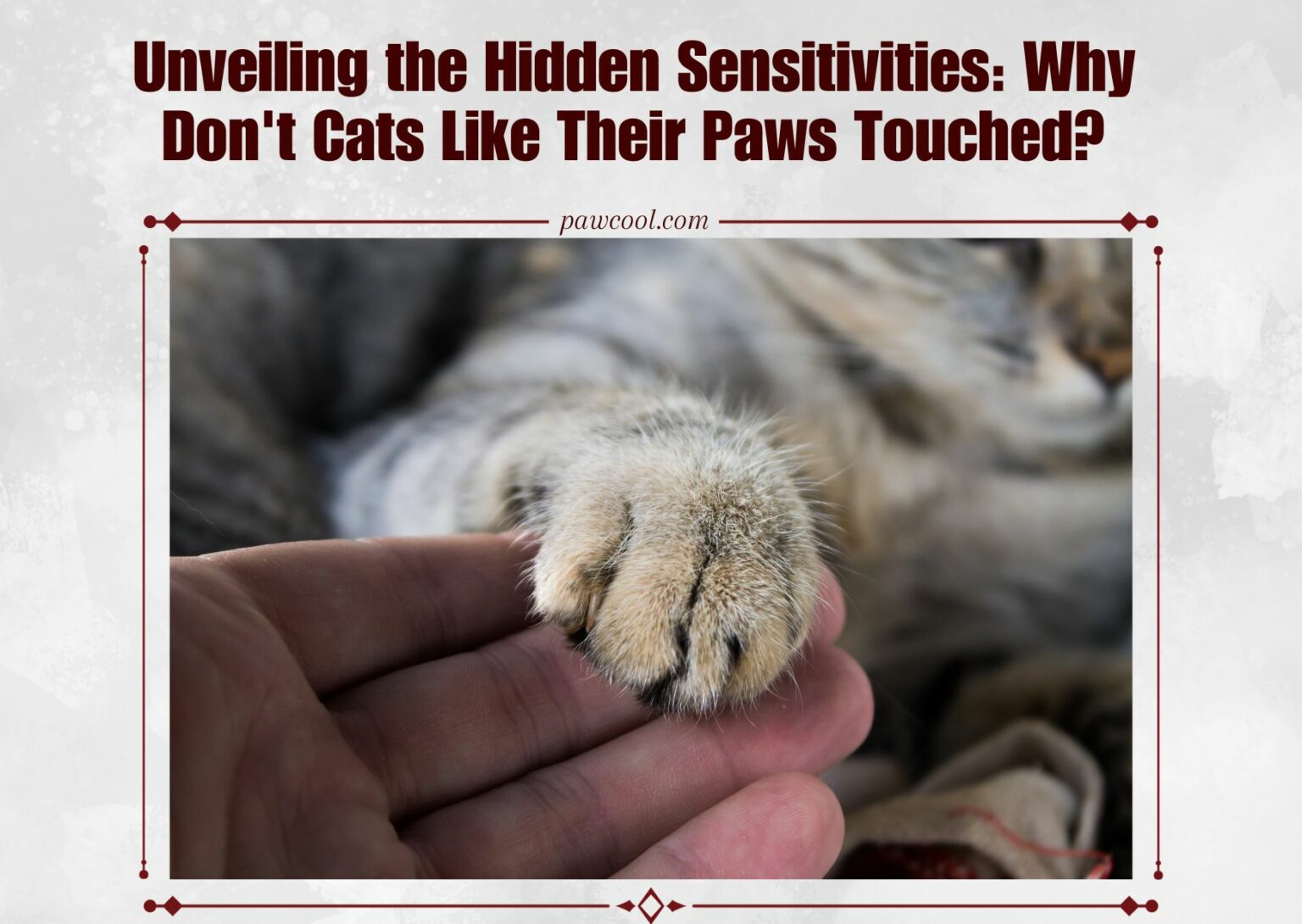
Sharing is Caring!
Introduction
Ever wonder about the perplexing mystery of why don’t cats like their paws touched? If you’ve ever tried, you might have encountered a swift claw or an agitated meow. It seems universally true whether your feline friend is a tiny kitten or a full-grown one, they collectively seem to hate having their paws handled. But what’s the real story behind this rather peculiar behavior? Let’s delve into the fascinating world of our four-legged friends to uncover the truth about this intriguing feline mystery.
Sensitive Souls: Why Don’t Cats Like Their Paws Touched?
Evolutionary Roots
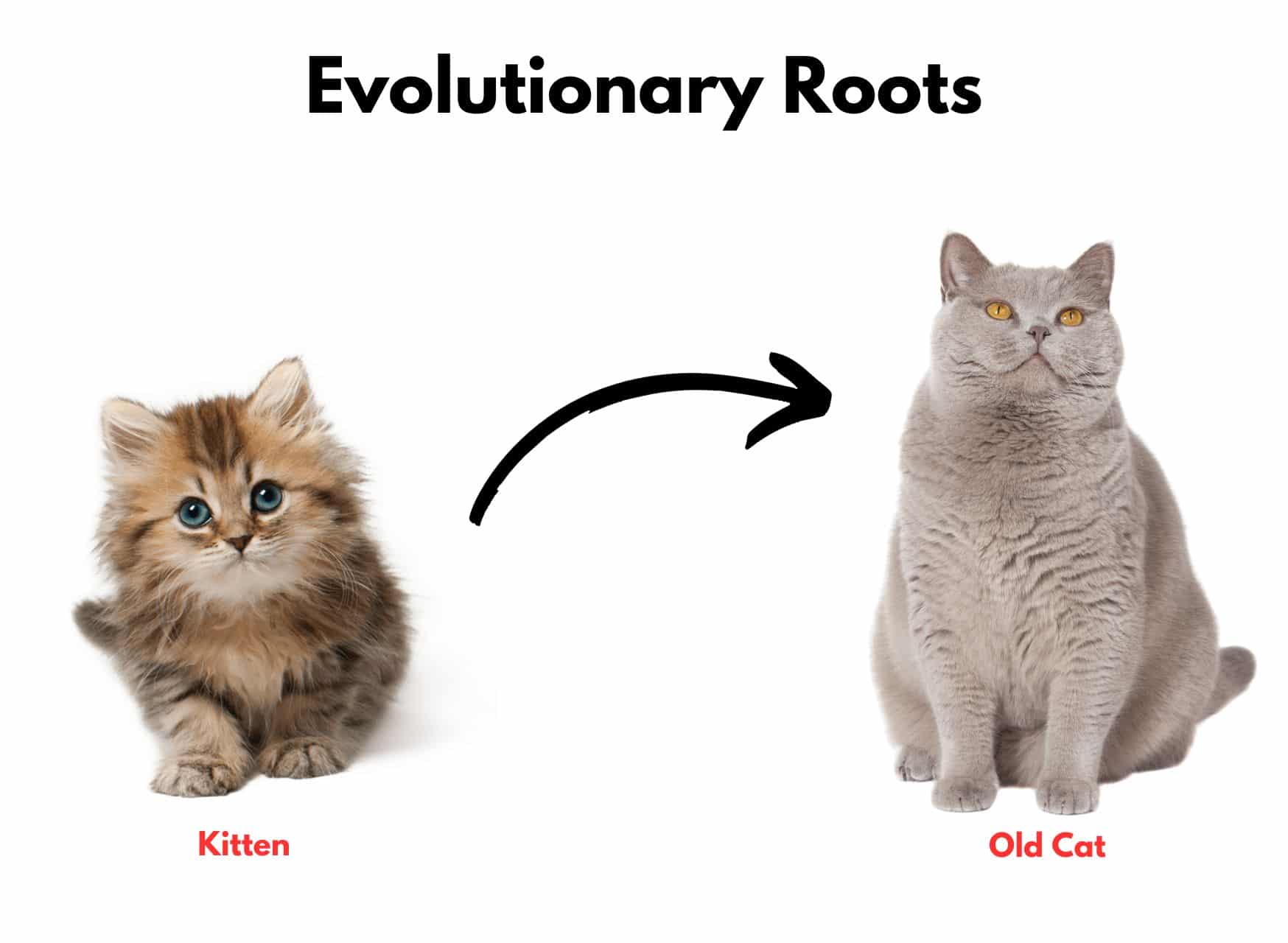
One might wonder, do cats like their paws touched? Well, let’s sift through the sands of time and take a fascinating dive into the rich evolutionary tapestry to find the answer. The roots, as we’ll discover, lie entwined deep within their ancestral past.
- The Defensive Mechanism: Historically, cats are predators. Their feline ancestors used their paws as critical hunting tools, and for defensive purposes. Due to this, there is a deep-seated biological instinct that tells our modern-day feline companions to protect their paws. It’s a matter of survival, as injury to their paws could have spelled disaster for their hunting capabilities.
- Sensitivity: The paws of a cat are incredibly sensitive. This is because they contain a high concentration of nerve receptors, which enables them to detect changes in their environment and makes them excellent climbers and hunters. Being touched or stroked on this sensitive area can cause discomfort or irritation to some cats, hence why they might react negatively.
The Importance of Independence
Cats have strong instincts for independence originating from their historic role as solitary hunters. Their survival depended on hunting skill and agility, traits still seen in domestic cats today. With paws as essential tools for tasks like hunting, climbing, and scratching, cats view unwanted paw touching as a threat to their autonomy. Imagine how you’d feel if someone grabbed your hand each time you tried to use it – that’s how cats perceive this action.
Besides, this dislike stems from cat’s inherent need to control their own bodies freely. As owners, respecting this natural desire by avoiding unwelcome paw contact is key. Doing so builds trust over time, allowing cats to eventually tolerate gentle, wanted paw handling more. Respecting their evolutionary need for self-determination is important for understanding why cats generally prefer keeping their paws off limits.
Delicate Nerve Endings
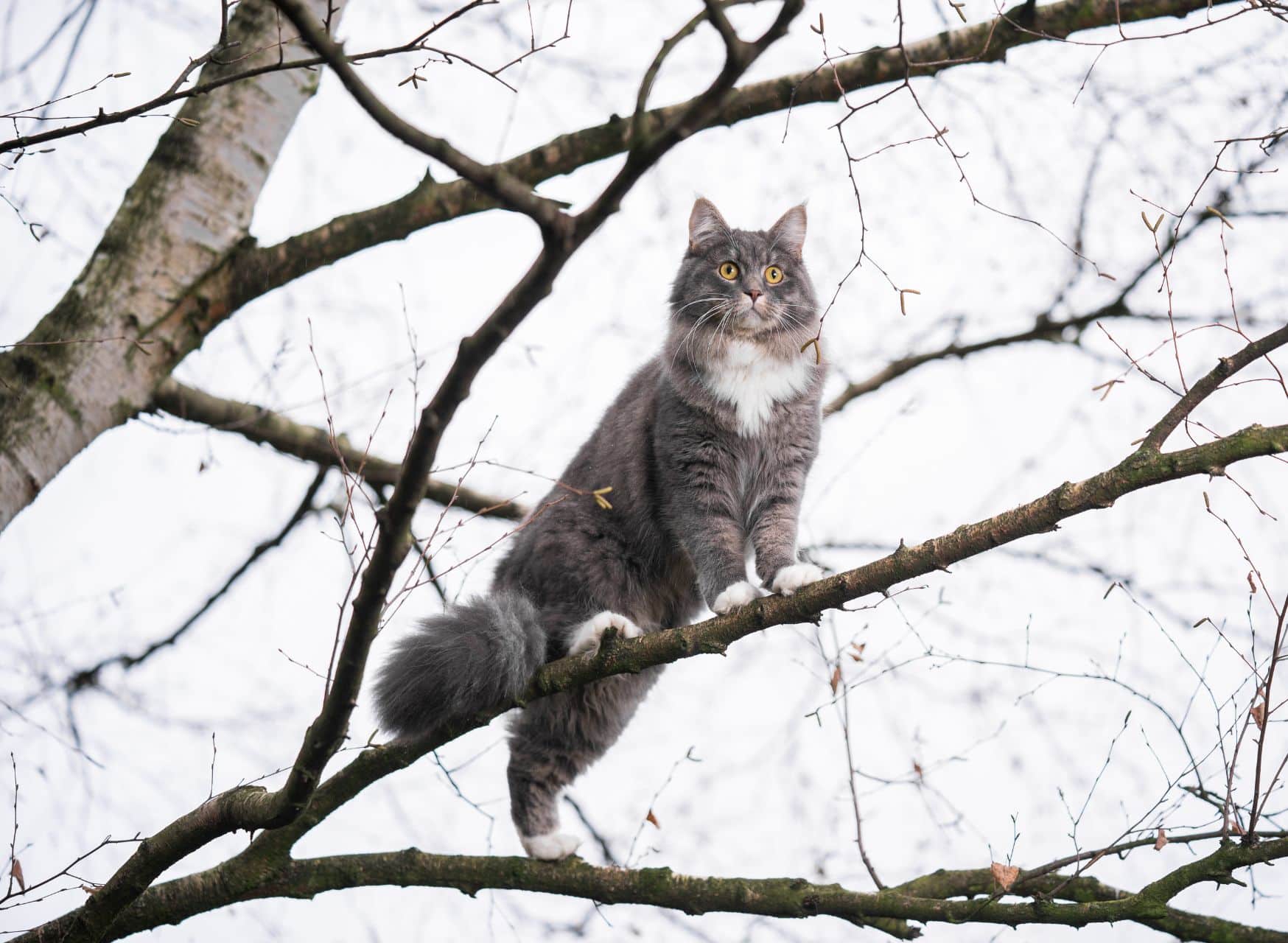
Ever given thought as to why cat don’t like their paws touched? Ponder on this, the enchanting soft pads located on the underside of a cat’s feet conceal a complex network of nerves. This sensitivity has a vital role in their impressive dexterity and balance.
Cats’ paws are filled with ultra-delicate nerve endings that make them extremely sensitive to touch. They rely on these nerve endings for hunting and exploring the great outdoors, including rocky terrains or climbing trees. When these nerve endings are stimulated during touching cats paws, it can spark discomfort or irritate them, leading to the popular response: they retract their paws. Furthermore, cats utilize this sensitivity to keep tabs on the health of their claws. Regular self-grooming and claw maintenance also play a significant role in their day-to-day feline activities.
Trust Issues
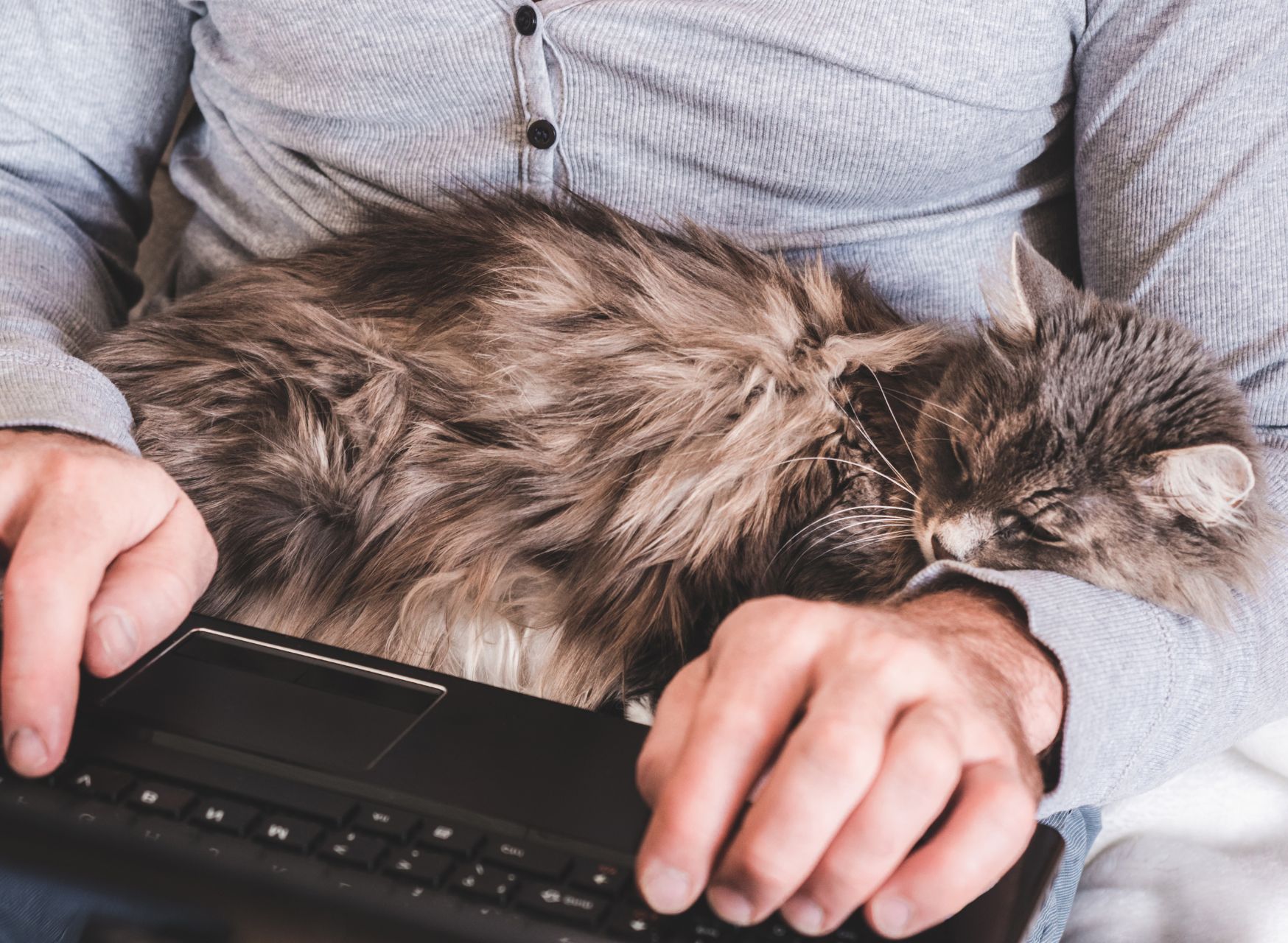
Are you one of those who often wonder, why don’t cats like their paws touched? Well, the issue might reside in not just physical comfort, but emotional comfort as well. Particularly when dealing with a rescue or a cat that hasn’t been socialized properly, touching their paws might lead to a reaction that has more to do with trust issues than actual sensitivity.
Cats are naturally sensitive and cautious creatures. Repeated unwanted contact, or interfacing with their paws when they’re not yet comfortable with you, can make a cat apprehensive or even scared. The physical act of touching cats paws becomes associated with an uncomfortable emotional response, and voila—you’ve got a cat that flinches away from paw contact. This reminds us of the significance of building a relationship of trust and respect with our feline friends, understanding their preferences, and building slow positive associations with paw handling.
Conditioning and Experience
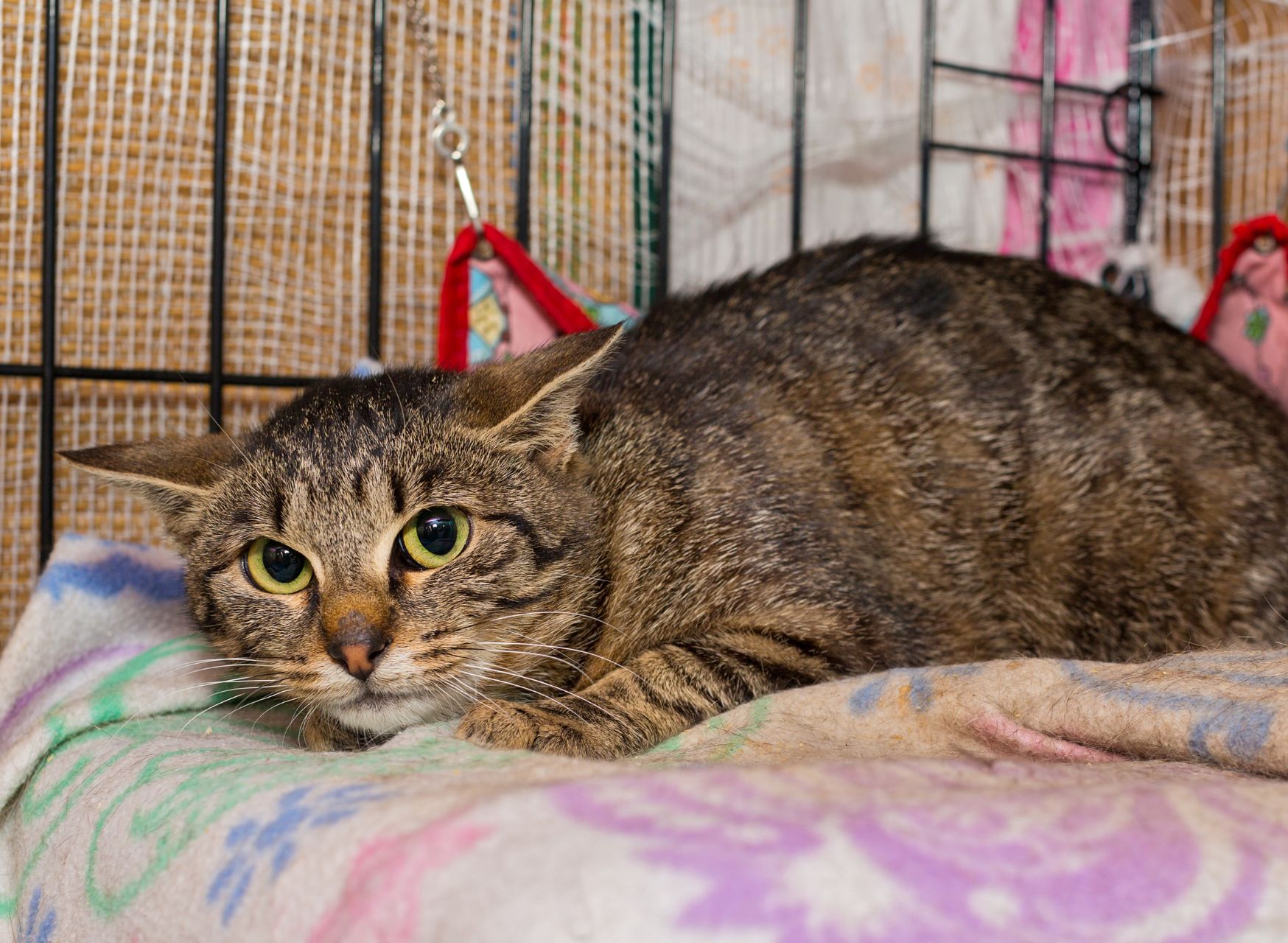
A cat’s experiences, both positive and negative, strongly influence how they feel about paw handling. If in the past their paws caused discomfort, such as during vet visits, cats form adverse associations and expect similar pain from future touches.
Conditioning from unpleasant prior interactions partially explains the defensive retraction of paws. But gentle, patient handling by owners over time can help desensitize cats. Regular positive reinforcement using rewards like treats or petting elsewhere on their terms can shift how cats feel about interactions with their paws. By respecting natural clawing behavior yet slowly acclimating cats through kindness alone, owners can potentially ease fears and build tolerance for rare, calm contact with this sensitive region.
Fear of Vulnerability
When seeking to understand why don’t cats like their feet touched, a crucial aspect to consider is their inherent fear of vulnerability. Picture this: you’ve just brought home your adorable new feline companion, and in an attempt to bond, you reach down to tickle its paws. Much to your surprise, it recoils and wiggles away. This outcome might bewilder many, especially those who aren’t quite in tune with the natural instincts of these enigmatic creatures.
Cats, like most animals, are wired for survival. Their paws, akin to a human’s hands, play a pivotal role in hunting, climbing, balance, and defense. So, when you make a move to touch their paws, they may instinctively retract in fear, viewing your actions as a potential threat. This reaction is not so much a dislike, but rather a defense mechanism. This behavior is especially prevalent in cats that have not been socialized from a young age to be comfortable with touching paws. It underscores why we often hear phrases like ‘Are cat paws sensitive?‘ or ‘Why do cats hate their paws being touched?’ in online pet communities and forums.
Tips for Gaining Your Cat’s Paw-ssurance
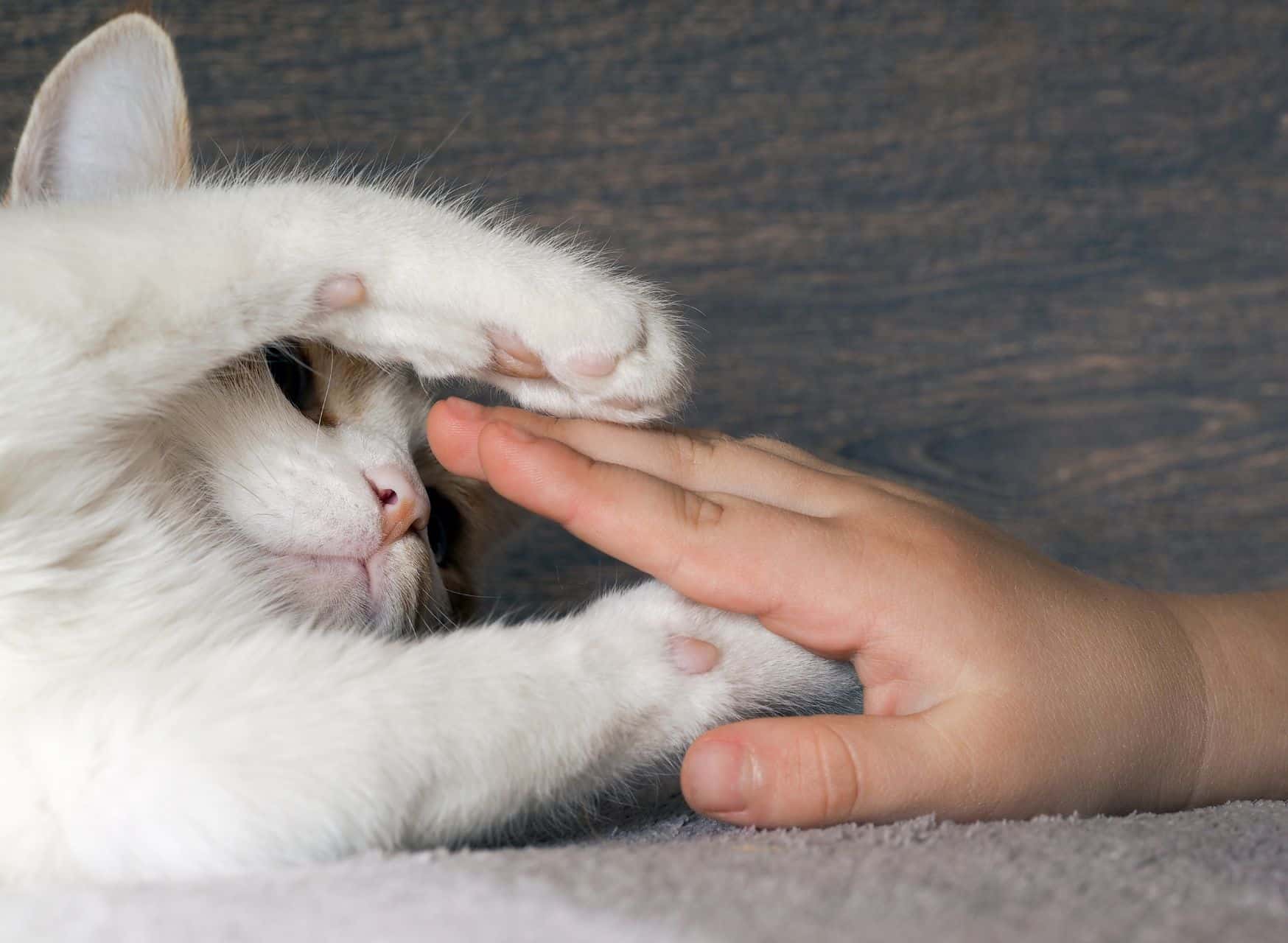
As we’ve explored the physiological and behavioral reasons why cats hate when you touch their paws, building understanding with your feline friend requires time, care and consent. Here are some suggestions:
- Respect Boundaries: Never force contact. Earn trust over time by respecting signals that the cat doesn’t like to be touched. Patiently wait for your cat to show interest first.
- Gentle Introduction: Start by stroking or massaging areas they enjoy, like chin or back. Slowly extend occasional feather-light touches near paws without grasping. This lets curious cats choose involvement.
- Patience and Persistence: Change doesn’t happen overnight when addressing reasons cat doesn’t like to be touched. Deliver treats after gentle experiments to shift their outlook positively. With patience come rewards for tolerance over weeks/months. So, patiently waits for signs of relaxation rather than the cat’s fearful meowing before proceeding with contact
- Professional Help: For particularly fearful felines, vet-guided desensitization training helps remedy past negative impressions. Associating medicine-flavored treats or toys with examinations slowly reduces fear.
By respecting anatomical and behavioral explanations for why paws tend to be off-limits, compassionate interaction wins cats’ consent and trust over their independence. This builds confidence to someday accept affection even on such sensitive regions.
Conclusion
Cats have complex instincts and sensitivities that influence behaviors like their aversion to unwanted paw touches. Their evolutionary traits and intricate paw anatomy underlie the reasons why don’t cats like their paws touched. Understanding this can help strengthen bonds of care, trust, and consent between felines and their human companions.
By respecting your cat’s natural preferences and perspectives, the relationship is reinforced through patience and compassion. Taking time to understand why certain actions may threaten cats can support a calmer, caring coexistence. Thank you for reading – it is hoped this article provides helpful insights into cats’ paw sensitivities that allow closer bonds to develop through empathy and respect.
Sharing is Caring!
About The Author
PawCool Team
Related Categories: Cats | Cat Stories
Latest Articles

Never Miss A Thing!
All pet stories & guides you care about








